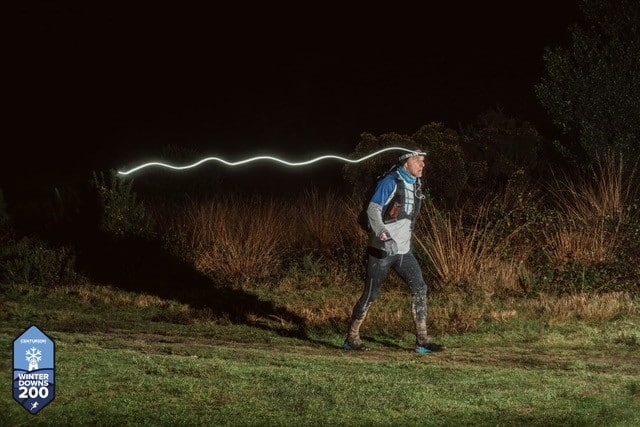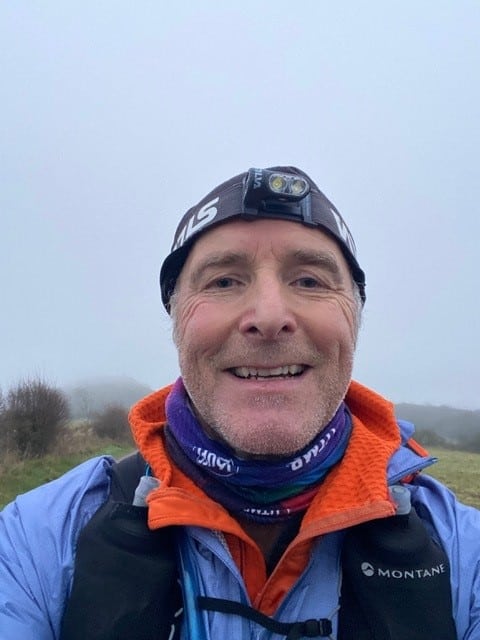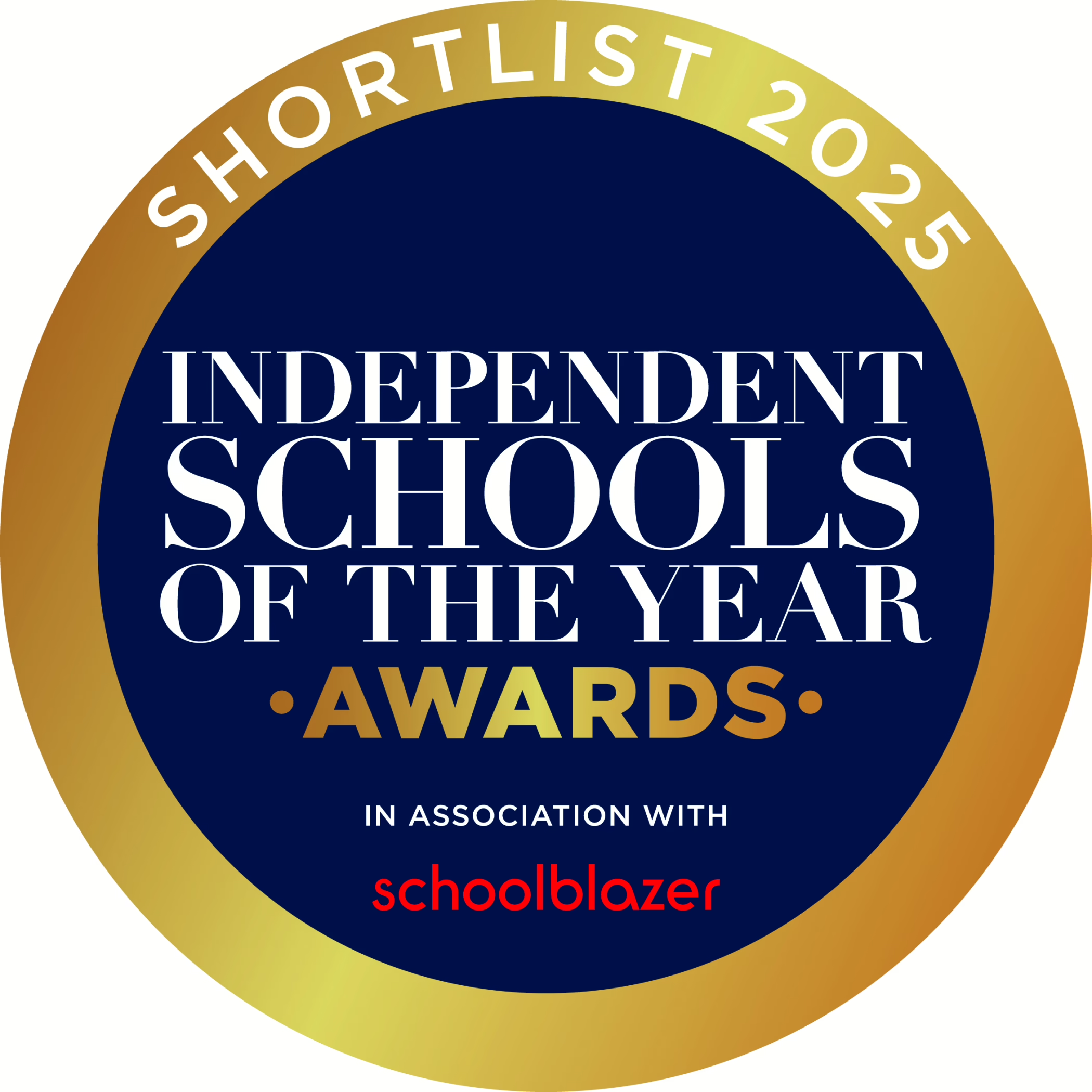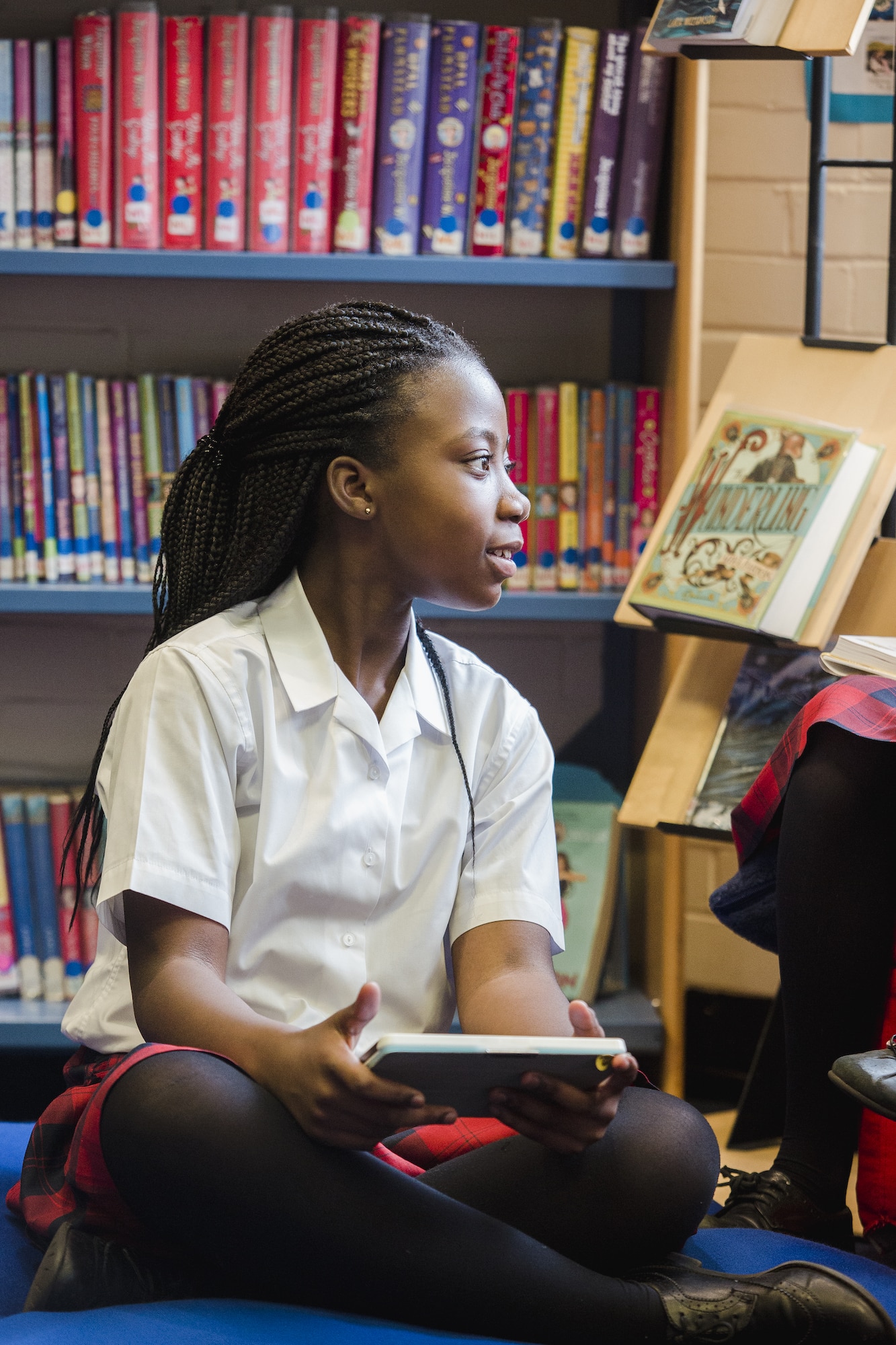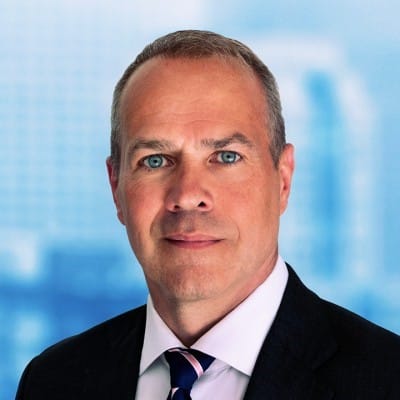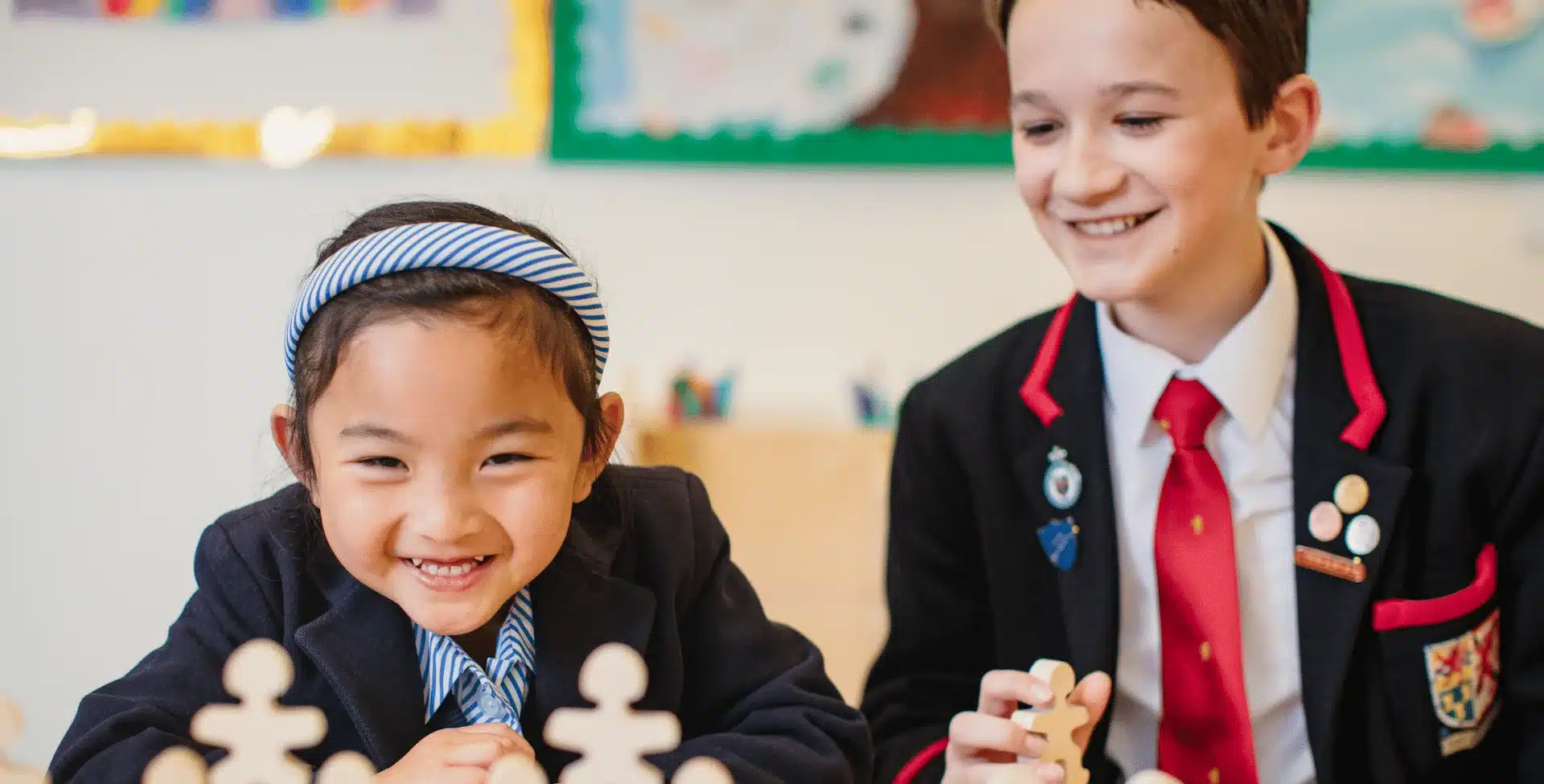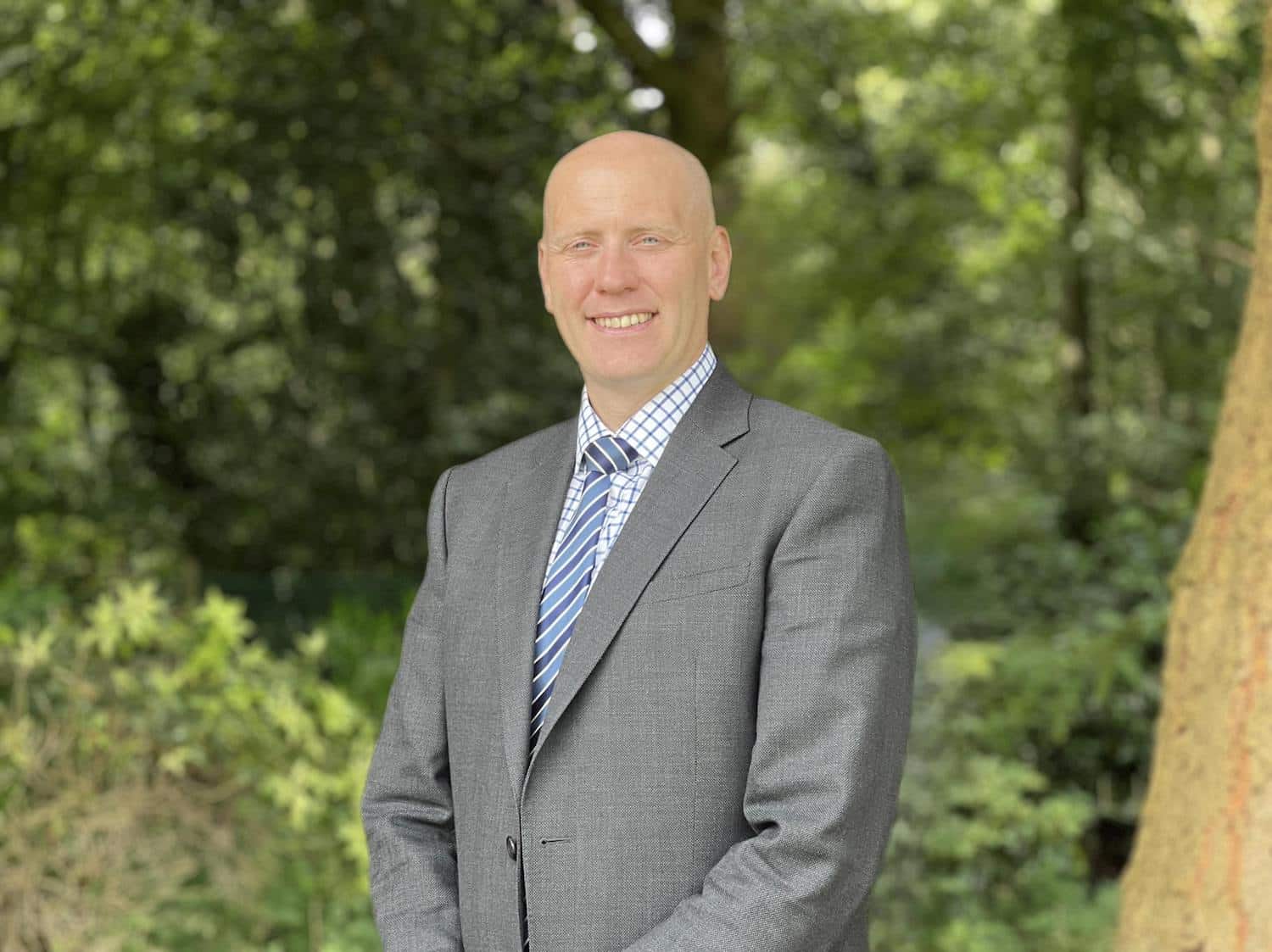What inspired you to pursue your career, and how did your education contribute to shaping your path?
From a relatively early age I was curious about shares and companies, and, in fact, I was gifted 200 British Leyland shares one Christmas which really piqued my curiosity. My father sold their cars, but I had no idea the shares could be bought as I thought the business was nationalised. It turned out there was something like 0.3% still listed! It was a terrible investment until they spun out Jaguar which was an unexpected windfall!
Shortly after I graduated, Black Monday happened which saw the stock market crash by around 30% so opportunities in that sector dried up overnight. I felt accountancy was probably pretty close to it, so I signed up for a training contract and the journey began. I would not have been able to consider these career paths without a strong educational foundation. Stewart’s Melville supported my mathematical and scientific curiosity which took me to university and, back then, this was the only way to become an accountant.
How did your early career experiences shape your understanding of the profession and your long-term goals?
I don’t think I really appreciated just how broad a business education the accountancy training would provide me. I recall doing classes in law, for example, which I had not expected. Relatively early on I had decided that I wanted to ‘add value to UK plc’ and this was my guiding mantra in my early career. I felt to do that I had to be at the coal face, so to speak, rather than advising on things, or recording them after the event. That single focus pushed me firstly into the Corporate Finance arena which was an excellent stepping stone into the world of Mergers & Acquisitions.
Were there any mentors or role models who had a significant influence on your career choices or approach?
I didn’t have any direct mentors or specific role models although there were many successful people I admired. In these days they were mostly racing drivers though! I would add, however, that I was a Scout and the ethics and behaviours important to the Scout movement definitely influenced my approach to life in general, but also the way to conduct yourself honestly and in a trustworthy manner.
How has your career evolved since you first started, and what factors have driven those changes?
The biggest single evolution was moving from the advisory side to being the principal. I joined RBS when it was entering the Leveraged Finance arena which was itself a relatively new area in banking. This change was an eye-opener, stepping from a world where all you can do is make suggestions to being part of a team which made its own decisions about an investment, albeit we still had to convince our superiors. For me the confluence of hard work, a good understanding of the principals supporting a deal and the ability, or confidence, to defend it when challenged were vital factors in my success. Also, listening and knowing when you need to back down or pivot to an alternative solution.
How do you stay adaptable and relevant in your field, especially with the rapid pace of change in your industry?
Even back in the early 1990’s things were changing fast. The private equity industry was really just forming then, morphing out of the venture capital industry, and the industry, and the Bank, developed rapidly through this period in terms of both the size and number of deals being done. I was lucky to have joined early enough that the Bank itself was still evolving so I was able to be involved in this setting up RBS’s mezzanine finance business and then spinning off an offshoot of that to do proprietary deals. To be successful in that period, which was largely pre internet, you had to immerse yourself in the deal flow and know what was going on. This did mean many late nights, not all of them in the office.
What have been the most significant challenges and milestones in your professional journey?
I was the first year that ICAS – the Scottish accountancy body – allowed students who had not studied accountancy at university to enter the profession. There were, as you would expect, many who expected this initiative to fail so it still fills me with pride that I was awarded the Gold Medal three years later in our final exams meaning I had come top overall in the exams! Obviously, this was personally satisfying but it was so much more important to demonstrate that ‘non-relevants’, as we were delightfully described, were validated as sufficiently meritorious and the non-relevant debate rapidly dissipated. That single thing was both a challenge and a milestone as it is quite handy to drop it into your CV.
Could you share a memorable project or achievement from your career that stands out to you?
There are so many and I wouldn’t want to select an individual deal that I have been involved in, but without a doubt the single most rewarding period of my career was after I set up a business within the bank called Debt Ventures. We were a small team, and still had to beg the bank for money when we found a deal, but I designed the business to take significant minority stakes in growing private businesses and fund their development. This meant working with founder managers, earning their respect and trust, and generally joining the board of their company to help, counsel and monitor progress. Helping those management teams deliver their aspirations was really rewarding and, as it turned out, mutually profitable.
What skills or traits have been most valuable in your professional life, and how did you develop them?
Being fast with numbers and relatively complex problems has always been my superpower. If you can get to the answer before everyone else you have more time to plan the next step.
What does leadership mean to you, and how has your approach to leading others changed over time?
I mentioned Scouts earlier, and that was where I first experienced leadership outside the home. I feel it is a skill that comes easily to some and others really have to work on. I fall into the latter camp. Nowadays I see leadership as being something you demonstrate by your everyday actions. It involves listening, challenging, rewarding and being consistent. I probably started from a place of telling something what to do and expecting it to be done.
How do you balance the demands of your role with personal growth and work-life balance?
It’s not an issue now as I’m not working full time but when I did I found flexibility and enthusiasm was key when you were young, but this changed when kids came along and I found I had to be much more disciplined at saying ‘No’. I also found that you can be pretty creative about how to manage things and get to a win-win. A favourite example of mine was my kids did trampolining on a Thursday evening until 8:30pm so I chose that day to run 19 miles home from work, arriving around the same time, and meaning I had my long run out of the way so the weekend was free for the kids.
Are there any key lessons you’ve learned from managing or collaborating with others?
It pains me say this, but I have learned that I am not always right.
How do you evaluate risk and opportunity in an increasingly complex financial landscape?
If I knew the answer to that I would be on a Caribbean island with a very large yacht.
What inspired you to start running ultramarathons, and how do they challenge you physically and mentally?
My first run was a marathon – 8 weeks after a bet in the pub and I was instantly hooked. It took a few years to graduate to ultras but I decided one day just to see if I could run 35 miles, as you do. I then entered a 50 mile race and stood on the start line with real Imposter Syndrome but I found I could keep going longer than most and think I finished in the top quarter. I also loved amazing myself that I could actually do these things – I had not excelled on the playing fields of Inverleith – and so took great enjoyment from the achievement of having run from Oxford to Henley, for example.
The physical side is pretty straightforward during the race but ordinarily pretty ugly afterwards. They say ultras are 80% mental and I’m sure that’s right. Learning to endure the lows and have the belief that they will pass – they always do if you keep going long enough – is only really learned through experience. And that means you have to keep going when everything is telling you to stop. I guess you have to be stubborn.
Can you share a particularly memorable ultramarathon experience—either a high point or a tough lesson learned?
I have quite a few now and no real favourite. I simply love being out on the trails, particularly once I’ve finished. I completed my first 200 mile race in December last year. That is still pretty fresh, or raw, in the memory. It took 63 hours with only a couple of hours sleep, and being in the middle of winter meant you only got about 7 hours of daylight each day. I had the lowest of lows through pretty much all of day 2 then the highest of highs, which I described afterwards as the best day of running I have ever had, on day 3.
How do you balance the demands of your career with the preparation and recovery required for ultramarathons?
I found it was pretty manageable to build training into your commute, or lunch break, so it was never really an issue.
What advice would you give to someone interested in pursuing endurance running at a competitive level?
Run way faster than me! Seriously though, to be at the sharp end you need to understand nutrition, have a solid training plan, probably work with a coach, and build your core with a good Strength and Conditioning programme. During Covid we did online CrossFit classes most days and that core strength saw me hit 5k and 10k PB’s (in my 50’s!) – that was an eye-opener.
How has managing Type 1 diabetes influenced your approach to running, both in training and during races?
This surprises people, but managing diabetes whilst endurance running is really pretty easy. Our bodies are fundamentally machines and I find that with constant effort I burn calories at a steady rate and I need a set amount of insulin to manage this. Day to day life is much harder – it is the stop start nature of things, or doing something unexpected, that causes diabetes management headaches. That said, it has taken me a long time to finesse my diabetes strategy and the mantra amongst all Type 1’s I know is ‘every day is a school day’.
What tools or strategies do you use to monitor and maintain your health during long-distance events?
I have seen massive technology progression in diabetes since I was diagnosed in 1998. I now have a ‘hybrid closed loop’ pump. What this means is that I have a pump that delivers insulin, a sensor which tells me my blood glucose level at all times and communicates with my pump, and an algorithm which decides how much insulin I need. My only real input is to tell it how much I have eaten and also to go into exercise mode when I am running.
When I am running I look at the graph and decide if I need to top up with some food and it’s as simple as that.
Are there any misconceptions about living with diabetes that you’d like to address, especially for aspiring athletes?
Diabetes is not an obstacle to anything. I think that advice is probably more for the parents and friends of someone with diabetes as any aspiring diabetic athlete will already know this. I would add though that every diabetic should hustle for the latest technology. I don’t know anyone who has given back a new piece of diabetes equipment as it wasn’t for them.
Looking back, how did your time at school prepare you for the challenges and opportunities you’ve encountered?
School teaches you resilience. There are a lot of knocks at school, a lot of disappointments, and, of course, a lot of fun and success. But people learn more from setbacks than they do from success and being in an environment where you get a good mix of experiences really sets you up for the challenges you will face as your life, and career, progresses.
What advice would you give to current students who might be facing obstacles or uncertainties in their own paths?
There is never an unavoidable obstacle, there is always a path round, through or over it, so rest assured a solution will emerge. My wife has a favourite phrase – ‘what’s for you, won’t go by you’. There is a lot of merit in this – I take it to mean that when the right thing comes along you will know what it is, so don’t panic when you are unsure.
How do you see the intersection of your professional and personal passions influencing your future goals?
I have never really separated my personal and professional lives and always sought to maintain the same morals and values in both. I decided early in my career that you spent a lot of your life working so the best thing you can do is do things you love and then it isn’t really work.
How do you hope to give back to the community or inspire others through your work?
I’ve managed to get involved with diabetes medical equipment companies, my hospital and a diabetes charity and love demonstrating that we can do whatever we want to.
I’ve also been actively involved in the Scout movement spending the last few years as the Scout Leader of our local Troop.
What’s your favourite memory of your time at School?
I still remember my entrance assessment day when I would have been 4 years old so that clearly left a mark! The other lasting memories I have are the trips – Carbisdale, skiing in Aviemore where we drove up in the morning by minibus (thank you Mr Caton) and back that night exhausted and, of course, the ski trips to the Alps.
